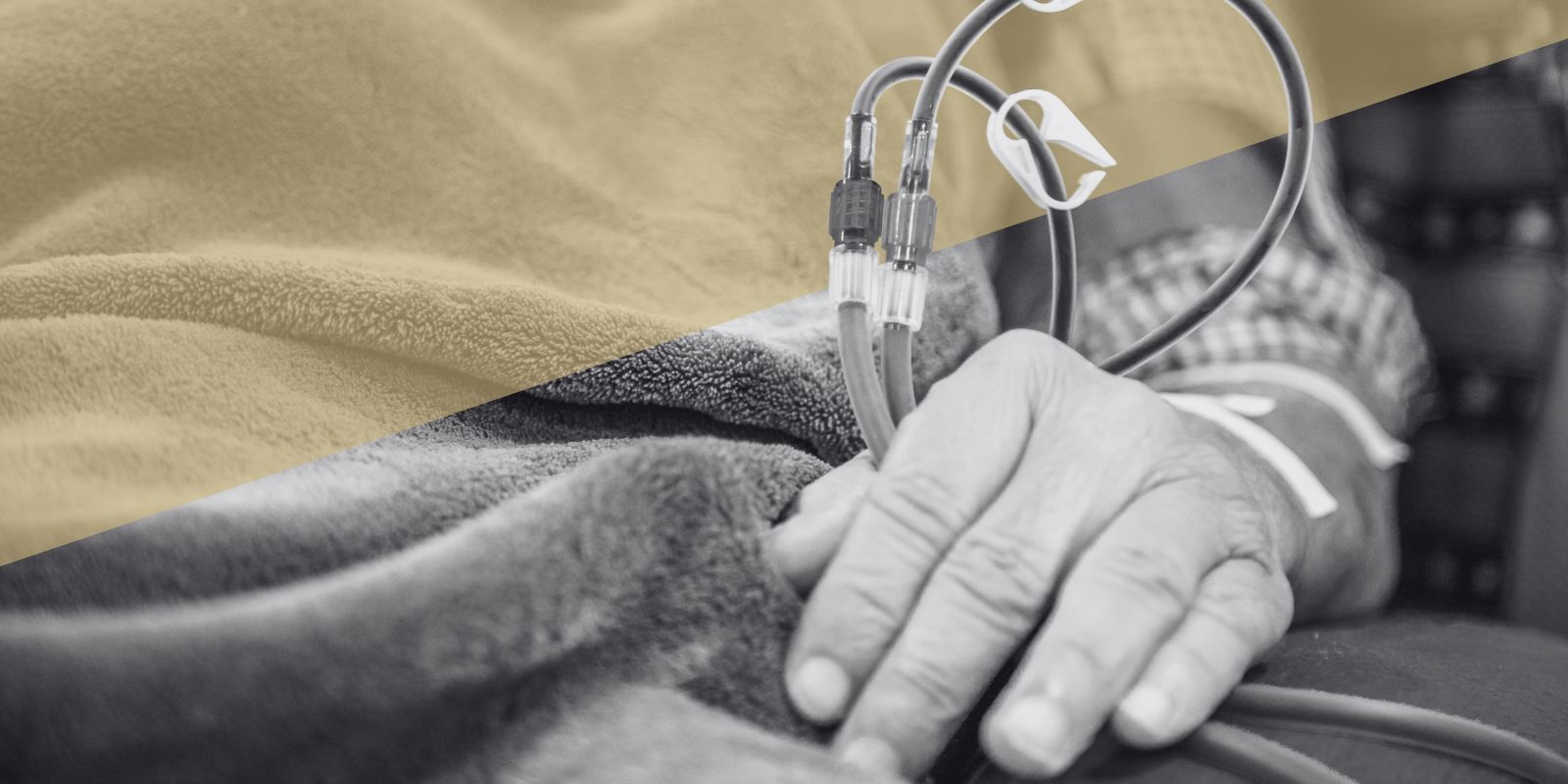What are some common infections specialists see around Halloween?
There are two main categories of eye problems we see around Halloween: infection and irritation.
It is very common to see infections on the eye surface. Examples are conjunctivitis, which happens when the clear layer over the white part of the eye becomes inflamed, or corneal ulcers, which is the thinning of the corneal tissue from an infection.
Eye and eyelid irritations are also common due to glitter, flaky makeup, chemicals, and face painting. Additional problems can come from masks that inhibit vision or costume weapons – both potentially leading to eye injuries.
What costume accessories could result in an eye infection?
Although “scary eyes” or accessories can bring your costume to the next level, many of them could put your eye health at risk.
Costume or cosmetic contact lenses can cause scratches on the cornea (corneal abrasions), infections (such conjunctivitis and corneal ulcers), deposition of dye pigments onto the cornea, and scarring. Cosmetic contacts that have not been properly prescribed or fitted may have poor breathability and may also be contaminated by germs or chemicals. These conditions can lead to blindness.
Eyelash extensions, dyeing or tattooing can cause allergic reactions and irritations to the eyelid and eye itself. Multiple studies have also linked toxicity associated with eyelash extensions, specifically in glue and removing agents containing chemical ingredients such as formaldehyde, a colorless, strong-smelling gas. People with a history of refractive eye surgery, such as LASIK, have an increased risk of developing complications after eyelash extensions.
Face paint can lead to eye or skin allergies. Similarly, chemical injuries to the eye are possible.
Masks, eye patches, and hooded costumes can potentially block vision and lead to a fall or injury. Caution should be taken with any costume weapons as well.
Which one(s) poses the largest risk?
Costume contact lenses can be the most dangerous if not properly purchased, used, and stored. Several hours of wearing poorly fitting, contaminated contact lenses can lead to infection or even blindness.
Despite FDA guidelines implemented in 2005 to ban the sale of non-prescription contact lenses, they are sold widely at salons, costume shops, flea markets, and on the web. Illegally sold contact lenses bypass several crucial safeguards, and some illegal lenses have even been found to be repackaged or contaminated with chemicals or germs upon purchase.
What is the safest way to wear costume contact lenses?
All contact lenses, regular or cosmetic, should be purchased legally with a prescription. All contact lenses are medical devices that needs to be properly fitted and tailored to each individual person.
If you are not asked to provide a prescription, the contacts lenses are being sold illegally. If you are buying from a dealer that is not regulated by FDA, you cannot know what is in them and how they are being made. It is not worth the gamble.
Both regular and cosmetic contacts require proper hygiene and routine care. This means using contact solution to clean your lenses, completely emptying and refilling contact cases with fresh solution, never sharing your contact lenses with another person, and never storing or cleaning your lenses with water or saliva. Improper care of your contacts could lead to corneal ulcers or other infections due to bacteria and acanthamoeba, a single cell living organism that is commonly found in nature such as tap water, lakes, oceans, and soil. Infections could ultimately result in blindness through scarring, perforation, or melting of the cornea.
What is the safest way to wear other eye accessories?
Makeup is one of the most common ways to dress or accentuate the eyes, but it is recommended to proceed with caution. Ways to prevent infection or irritation include testing products on small patch of skin first, avoid sharing makeup products and brushes, and remembering to remove all eye makeup before bed. Avoiding too much glitter or flaky makeup around the eyes can also help prevent irritation.
If you’re looking to make your eyes pop with eyelash extensions, be sure to consult with an experienced aesthetician who can appropriately apply them. You may also want to test any lash glue being used in case of an allergic reaction. With any type of eyelash extensions or accessories, practicing proper hygiene is advised.
When should someone consider seeing a specialist for consultation or treatment?
Seek care by an eye doctor immediately if you develop eye redness and pain after wearing regular or one-time use contacts.





